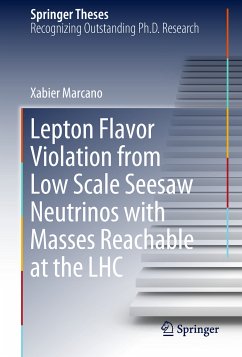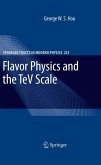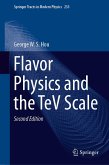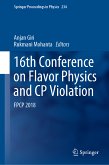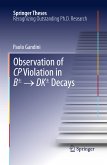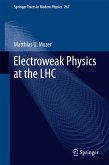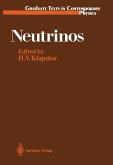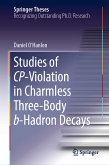Flavor physics is fundamental to testing the standard model of particle physics and could be the key to discovering new physics. This book explores lepton flavor violating implications in the low-scale seesaw models, a well-motivated scenario for explaining the still open problem of neutrino mass generation. It studies the lepton flavor violating Higgs decays in depth, developing useful simple expressions for making fast estimations of this observable. It also introduces a new parametrization optimized for the study of lepton flavor violation in these models, showing that high rates could be obtained for Higgs and Z decays if these new heavy neutrinos have masses in the TeV range. Lastly, It goes on to explore the possibility of their production and decay at the Large Hadron Collider (LHC) to events with two charged leptons of different flavor.
Dieser Download kann aus rechtlichen Gründen nur mit Rechnungsadresse in A, B, BG, CY, CZ, D, DK, EW, E, FIN, F, GR, HR, H, IRL, I, LT, L, LR, M, NL, PL, P, R, S, SLO, SK ausgeliefert werden.

